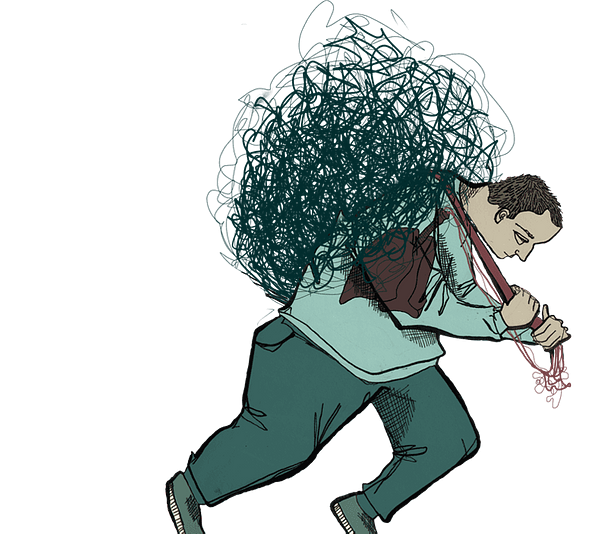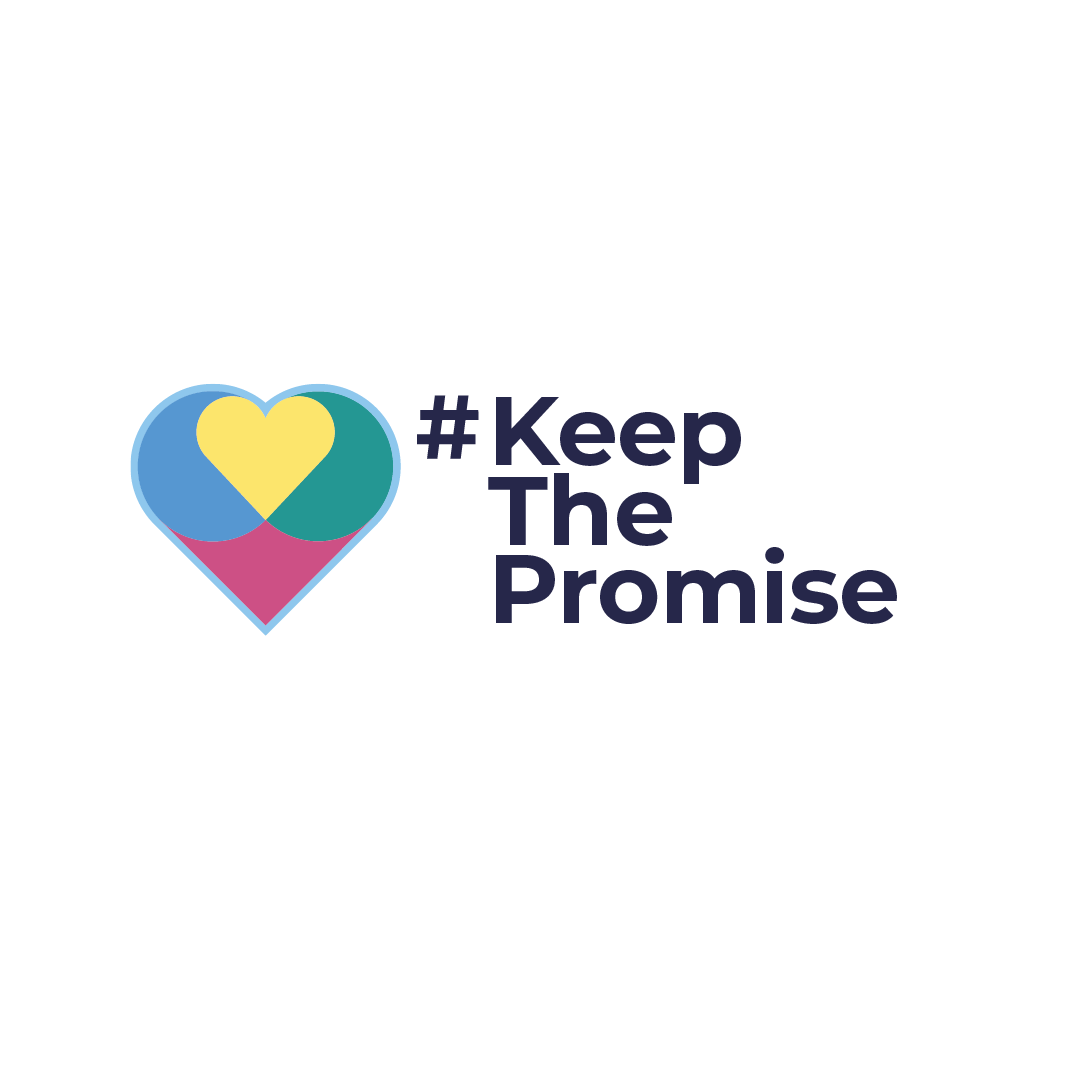A Reflection
27 Nov 2019 By Untangling the Knots 3 day Training Delegate

The Conflict Resolution Training provided me with an understanding of communication, along with providing an awareness of the need for the right support at the right time. As a social work student, it is important for me to be aware of how to communicate well, whether working with a colleague, service user or a multidisciplinary team. Conflict is a natural part of human life, whether at home, at the office or at a national level. Conflict resolution is a two-way process of exploring agreements and disagreements between the two parties. A conflict could be emotional, personal, political or financial. Conflict provides an understanding of individual’s or group’s ideas, beliefs and background, which helps to resolve the conflict and gain a better understanding of negotiation opportunities.
This training has enhanced my self-knowledge and understanding, that good communication is fundamental to resolving conflict. It is a two-way process with empathic listening and active listening skills being used. While talking to service users or in a conflicted situation, I need to be mindful of attending, paraphrasing, being succinct and reframing the context for the individuals to understand. I must remain calm, rational and open-minded to find common ground, while looking at the wider picture of the situation, with good humour and a desire to reduce the tension. Acknowledgment, encouragement and praise is a part of communication. I understand that active listening is core to communication and to helping to resolve the issues, to find a better outcome and to work together as a team.
I now feel that I need to be more resilient, capable and a confident problem solver, which will help me to practice as a frontline social worker. The training provided me with a better attitude and higher self-esteem. I must learn to separate the problem from the person and recognise their emotions. This learning is essential for me as a practitioner because I recognise that a comprehensive understanding of conflict is essential in my future practice.





